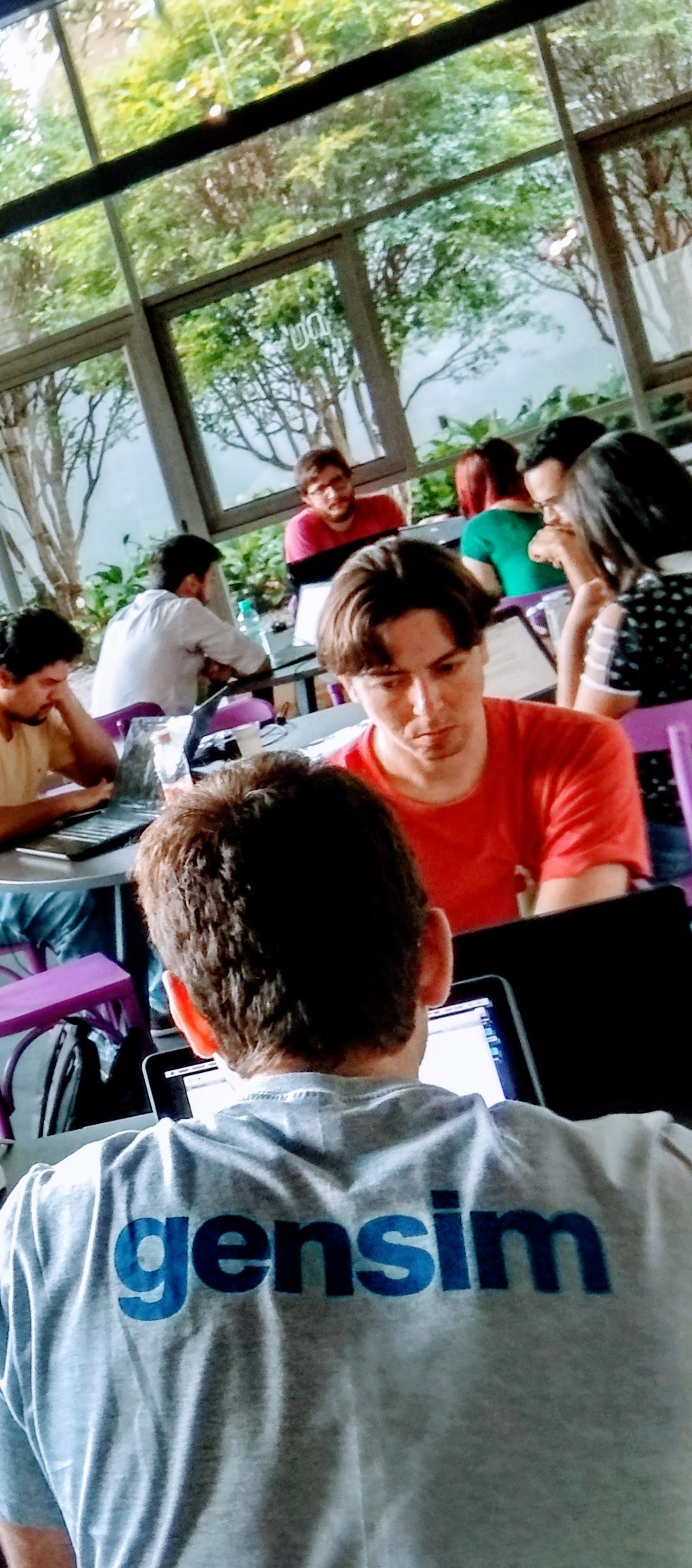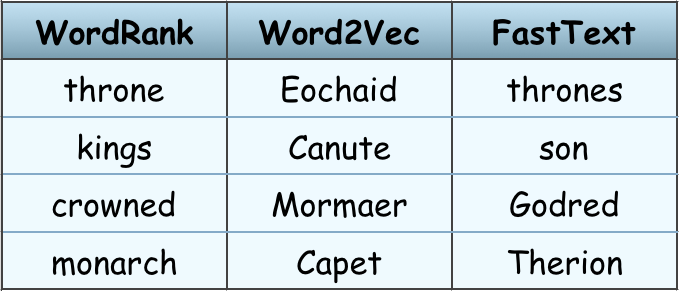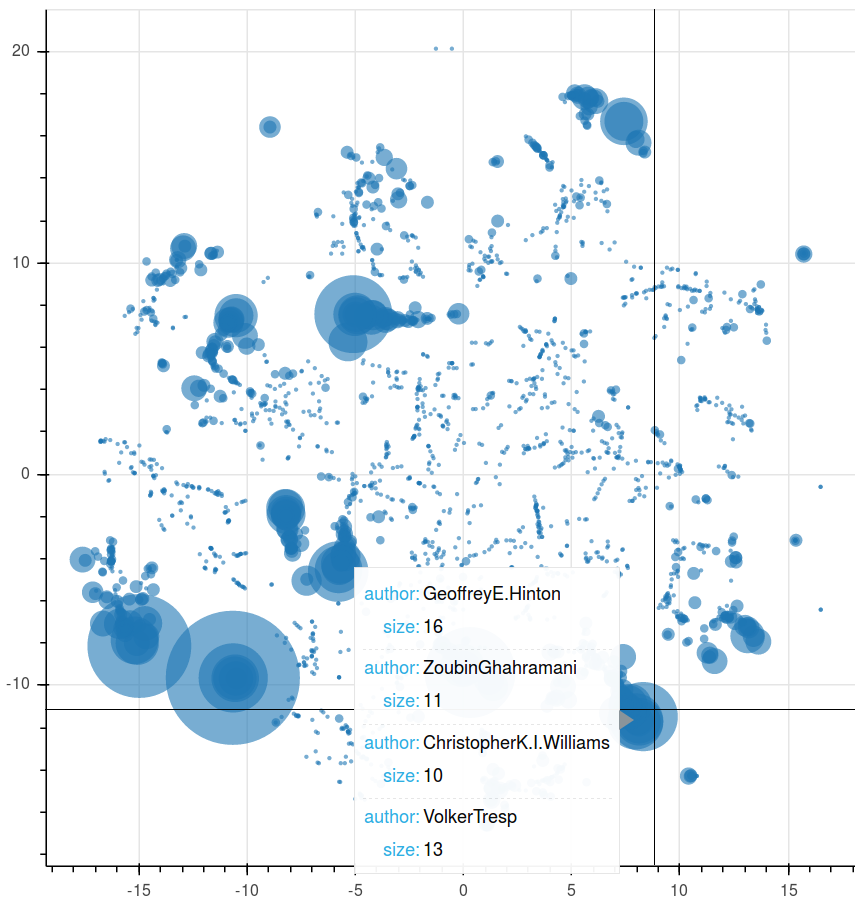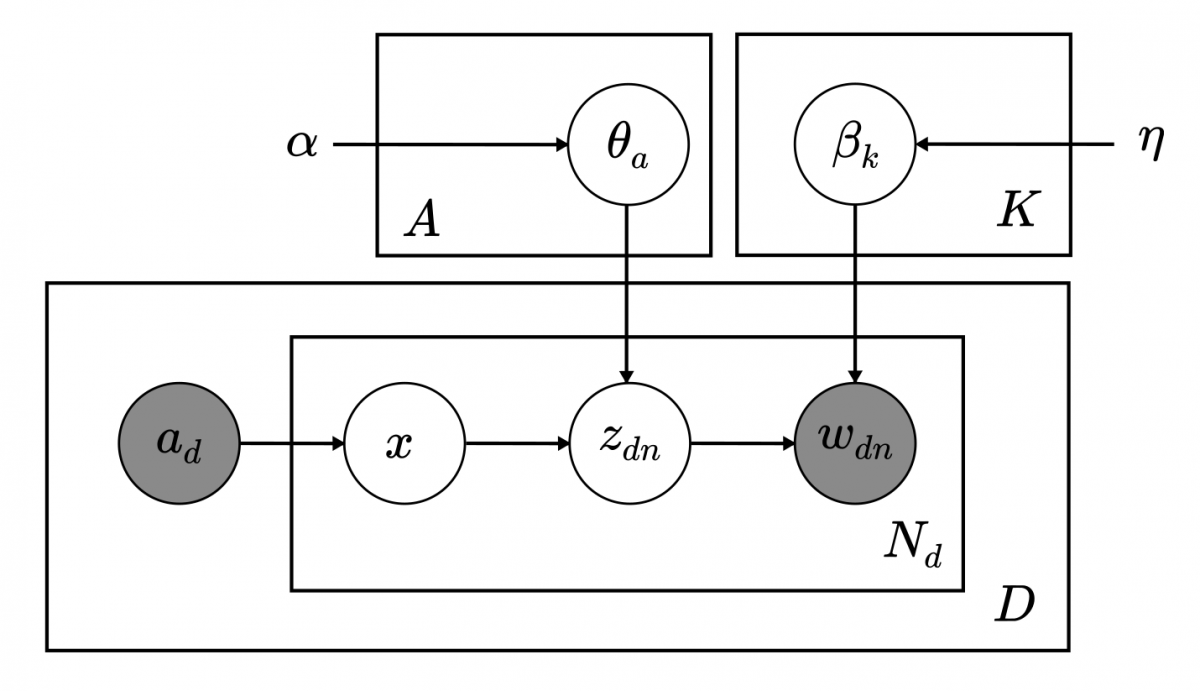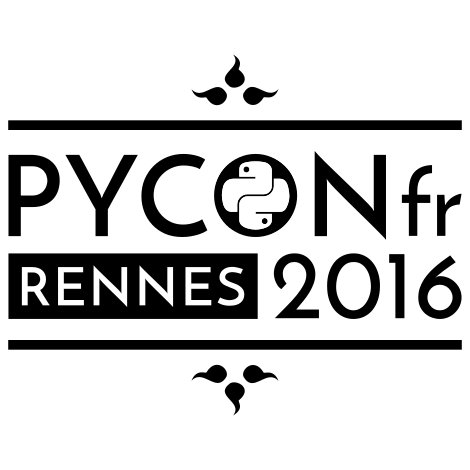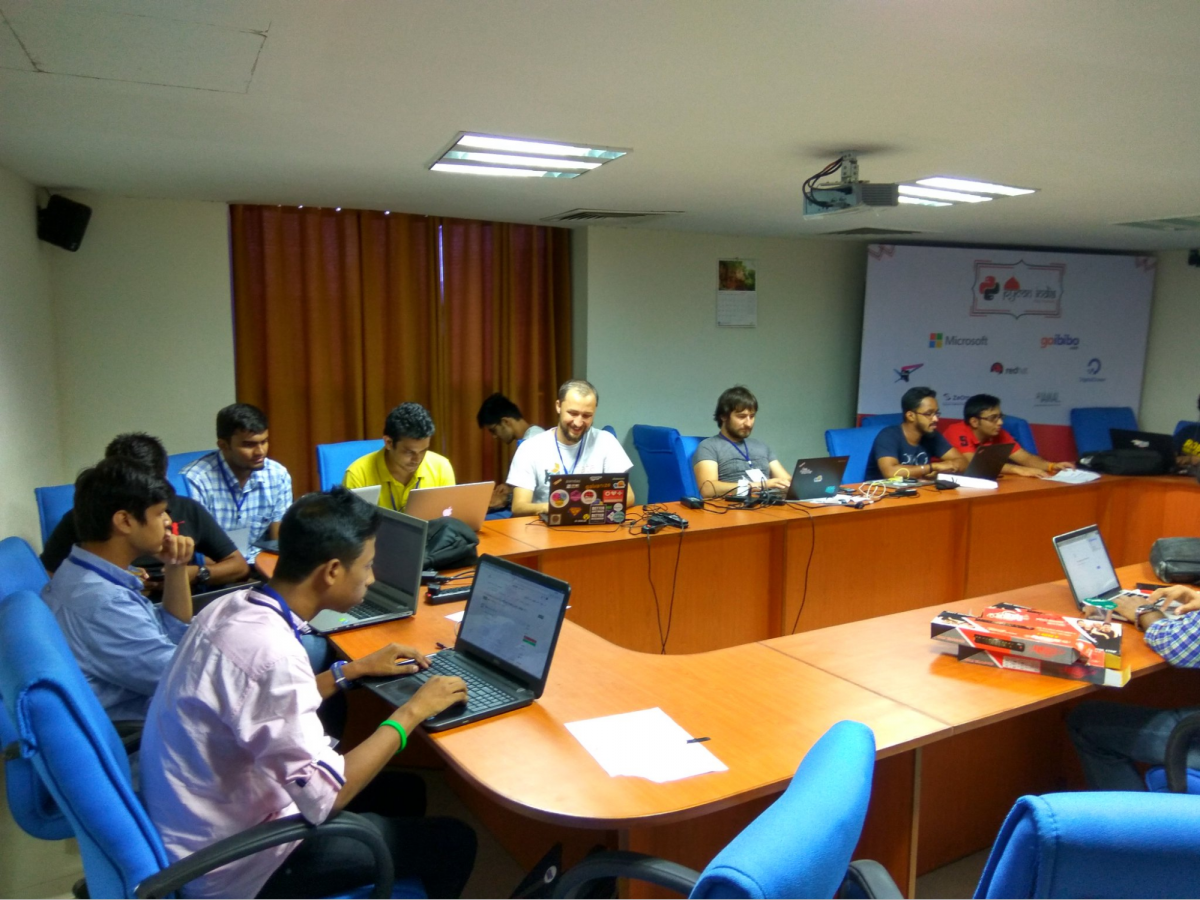July 20, 2017 This week, I’ve mostly worked on implementing native unsupervised fastText (PR #1482) in gensim. It’s quite challenging as I had to look into the fasttext C codes, and read the research paper to properly understand how this is working, and then had to figure out the similarity with word2vec code. After lots of discussion with mentors, we …
Google Summer of Code 2017 – Week 1 of Integrating Gensim with scikit-learn and Keras
This is my first post as part of Google Summer of Code 2017 working with Gensim. I would be working on the project ‘Gensim integration with scikit-learn and Keras‘ this summer. I stumbled upon Gensim while working on a project which utilized the Word2Vec model. I was looking for a functionality to suggest words semantically similar to the given input word and Gensim’s …
Text Summarization in Python: Extractive vs. Abstractive techniques revisited
This blog is a gentle introduction to text summarization and can serve as a practical summary of the current landscape. It describes how we, a team of three students in the RaRe Incubator programme, have experimented with existing algorithms and Python tools in this domain. We compare modern extractive methods like LexRank, LSA, Luhn and Gensim’s existing TextRank summarization module …
Gensim switches to semantic versioning
WordRank embedding: “crowned” is most similar to “king”, not word2vec’s “Canute”
Comparisons to Word2Vec and FastText with TensorBoard visualizations. With various embedding models coming up recently, it could be a difficult task to choose one. Should you simply go with the ones widely used in NLP community such as Word2Vec, or is it possible that some other model could be more accurate for your use case? There are some evaluation metrics …
New Gensim feature: Author-topic modeling. LDA with metadata.
The author-topic model is an extension of Latent Dirichlet Allocation that allows data scientists to build topic representations of attached author labels. These author labels can represent any kind of discrete metadata attached to documents, for example, tags on posts on the web. In December of 2016, I wrote a blog post explaining that a Gensim implementation was on its …
Topic Modelling with Latent Dirichlet Allocation: How to pre-process data and tune your model. New tutorial.
If you’ve learned how to train topic models in Gensim, but aren’t able to get satisfying results, then we have a new tutorial that will help you get on the right track on GitHub. Primarily, you will learn some things about pre-processing text data for the LDA model. You will also get some tips about how to set the parameters …
Author-topic models: why I am working on a new implementation
Author-topic models promise to give data scientists a tool to simultaneously gain insight about authorship and content in terms of latent topics. The model is closely related to Latent Dirichlet Allocation (LDA). Basically, each author can be associated with multiple documents, and each document can be attributed to multiple authors. The model learns topic representations for each author, so that …
Gensim at PyCon France 2016
PyCon France 2016 was held in Rennes from the 13th-16th of October at Telecom Bretagne. Gensim had a presence on both the conference days with Bhargav Srinivasa presenting his talk on day 1 titled “Topic Modelling with Python and Gensim” and me presenting my workshop titled “Twitter User Classification with Gensim and Scikit-learn” (had a pretty boring sounding title before …
Three Sprints in India (To Say Nothing of PyCon)
I was very happy to visit India this October to run three Gensim coding sprints, give workshops and visit PyCon India conference. Many thanks to our Incubator programme student Devashish Deshpande for being my host. PyCon India Pycon India was a very friendly event of 500 attendees with workshops on Friday and conference talks over Saturday and Sunday. My favorite PyCon moment was the keynote …
 RARE Technologies
RARE Technologies

